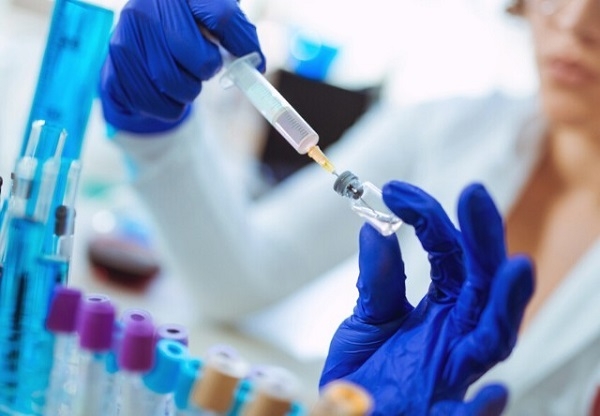Oxford announce COVID-19 vaccine trial is 'progressing very well’
Total Views |
London, May 23: In a major development, the developers of the vaccine at the University of Oxford announced that the clinical studies of the COVID-19 vaccines are progressing very well and now the researchers have begun recruiting candidates for Phases II and III of advanced human trials of the COVID-19 vaccine.

Initially, the first phase of trials began in April with about 1,000 volunteers. The results of the first trial were completed and are now under a follow-up. For Phase II trials, the university is seeking 10,260 candidates including children and older adults to study the effects of the formulated drug on their immune system.
The Oxford study is merging Phases II and III for speedier development. Phase III involves assessing how the vaccine works in a large number of people over the age of 18, and how well it prevents people from becoming infected and unwell with Covid-19.
“The clinical studies are progressing very well and we are now initiating studies to evaluate how well the vaccine induces immune responses in older adults and to test whether it can protect the wider population,” said Professor Andrew Pollard, head of the Oxford Vaccine Group. "We are very grateful to the huge support of the trial volunteers in helping test whether this new vaccine could protect humans against the pandemic coronavirus.” he further added.
In the Phase 2 study involves expanding the age range of the people the vaccine is assessed in to include a small number of older adults and children -- aged between 5-12 years, 56-69 years, and those over 70 years. Researchers will be assessing the immune response to the vaccine in people of different ages, to find out if there is variation in how well the immune system responds in older people or children.
Phase III of the study will assess how the vaccine works in a large number of people over the age of 18. “This group will assess how well the vaccine works to prevent people from becoming infected and unwell with COVID-19.
The Oxford vaccine is made from a virus (ChAdOx1), which is a weakened version of a common cold virus (adenovirus) that causes infections in chimpanzees, which has been genetically changed so that it can't replicate in humans. The same investigational vaccine protected six monkeys from pneumonia caused by the virus. The potential vaccine was formerly known as 'ChAdOx1 nCoV-19', but now has been named 'AZD1222'.
To assess whether the vaccine works to protect the volunteers from Covid-19 in the advanced trails, statisticians in the Oxford team will compare the number of infections in the control group to the number of infections in the vaccinated group.
"For this purpose, it is necessary for a small number of study participants to develop Covid-19. How quickly we reach the numbers required will depend on the levels of virus transmission in the community," the University of Oxford said.
If transmission remains high, we may get enough data in a couple of months to see if the vaccine works, but if transmission levels drop, this could take up to 6 months," it added.
Moreover, the drugmaker AstraZeneca recently joined forces with the UK government to support the Oxford University's vaccine program.


